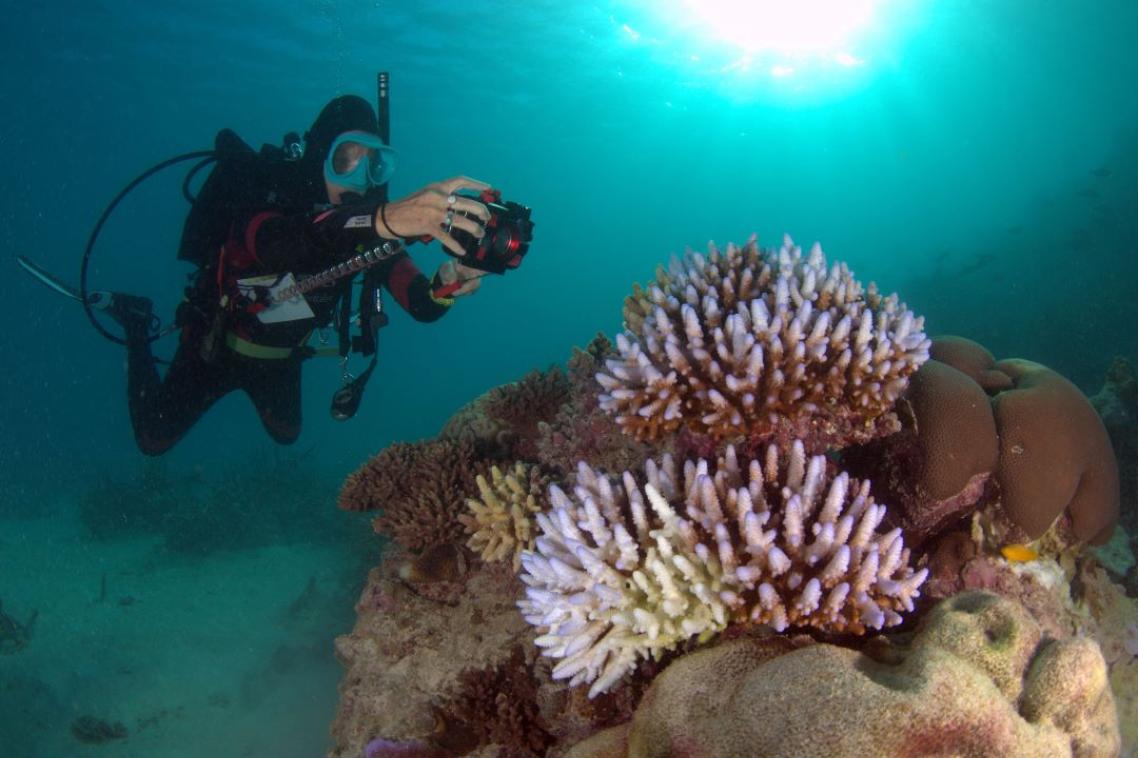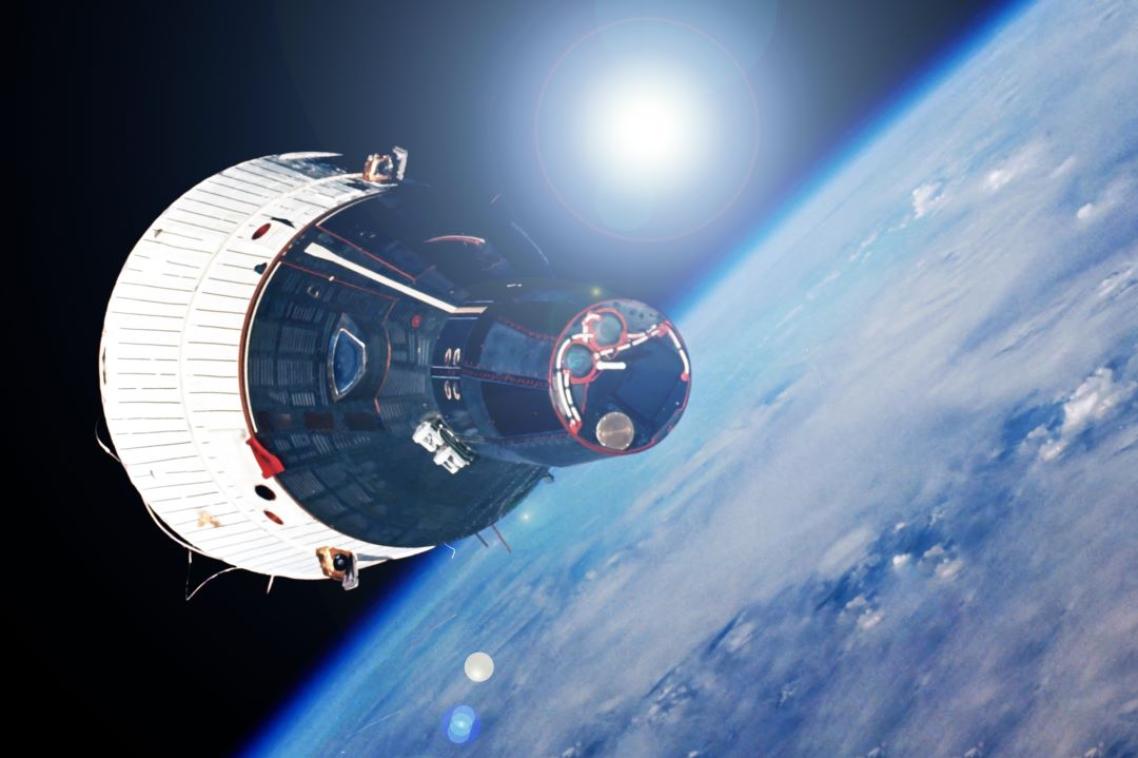Life work culminates in testing of cancer therapy in humans
A cancer-fighting antibody identified by a researcher working at The University of Queensland and Queensland Institute of Medical Research (QIMR) will today be used to treat the first patient, in a Phase 1 clinical trial.
The trial is the culmination of many years work for Professor Andrew Boyd, Professor of Experimental Haematology at The University of Queensland and Head of QIMR’s Leukaemia Foundation Laboratory.
Phase I clinical trials have commenced using antibody KB004.
Phase 1 trials are the first step in a systematic process to determine if a drug might be efficacious in humans.
The monoclonal antibody has been shown to kill certain types of cancerous tumours ex vivo, that is in a laboratory using using human samples.
It is targeted towards EphA3 expressing hematologic malignancies, which are believed to account for about 50% of acute leukaemias as well as a number of other human cancers including a significant proportion of malignant melanomas, brain tumours and lung cancers.
Professor Boyd said the journey from the initial identification of the antibody to the stage of clinical testing has been long but very rewarding.
“The KB004 project has a special place in my heart as it originated in my own lab many years ago," Professor Boyd said.
"Although it now involves two other research groups in Australia and a U.S. company, there is a sense of nearing the goal I set out to achieve when I first started my research career.”
KaloBios Pharmaceuticals, a South San Francisco biotech company took the original mouse antibody and through a process known as Humaneering(TM) technology, developed an antibody that could be used in humans as it would be more likely to be tolerated by the human immune system.
“The initiation of a Phase I clinical trial in patients with acute leukaemia by KaloBios is an important landmark and will hopefully lead to further testing and the ultimate use of this antibody as a treatment," he said.
“As Leukaemia Foundation Professor of Experimental Haematology at The University of Queensland and a consultant Haematologist at the Royal Brisbane Hospital, it is highly significant to me that the phase I trial is in leukaemia, the disease that drove me to the initial discovery.
“I was motivated to enter research by the hope that I might do something which improved the lot of all patients with leukaemia and related diseases – this is an immensely gratifying event.”
The antibody works by targeting a receptor protein found thus far in cancer cells and not on normal white blood cells or normal stem cells. It is hoped it will be well tolerated in patients with little or no side effects.
The development of this antibody as anti-cancer therapeutic was a collaboration between Professor Boyd, Professor Andrew Scott from the Ludwig Institute and Associate Professor Martin Lackmann from Monash University, who initiated and led the translational aspects of this venture.
It would not have been possible without ongoing financial support for Professor Boyd from the Leukaemia Foundation.
Media inquiries: Marlene McKendry 0401 996847
More Information:
UQ - www.uq.edu.au
QIMR - www.qimr.edu.au
KaloBios - www.kalobios.com/index.php
Topics
Related articles

Thousands of Queensland reef photos lead to worldwide change

UQ to conduct world-first tests into effectiveness of magnetic heat shields for atmospheric re-entry of large spacecraft
Media contact
UQ Communications
communications@uq.edu.au
+61 429 056 139
